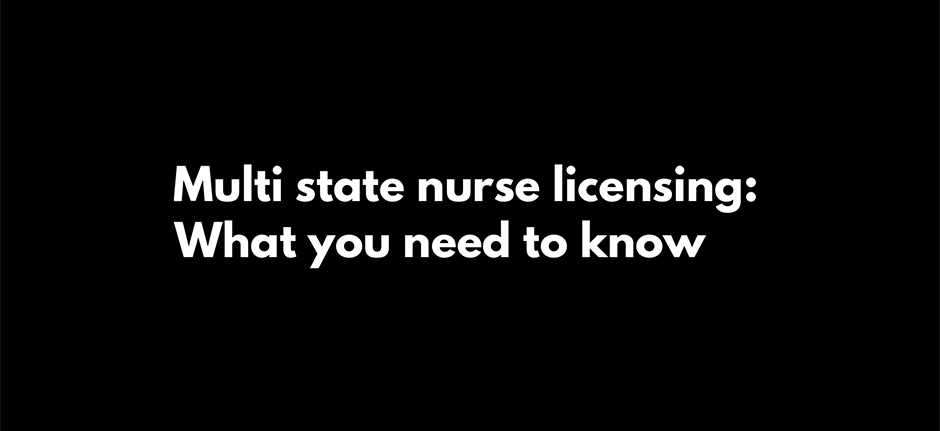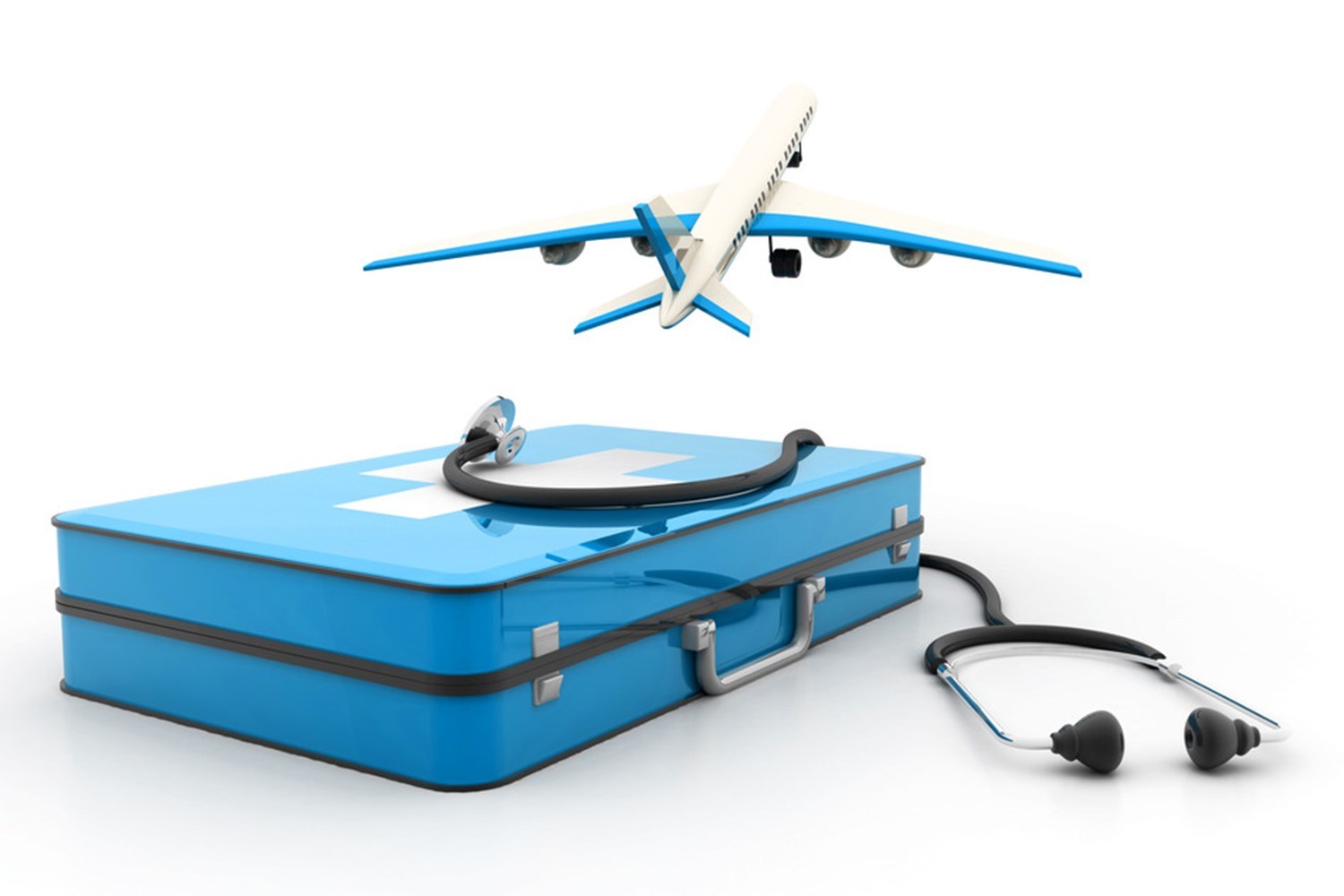Physical education (PE) is more than just a school subject that keeps students active. It plays a major role in the social development of students, teaching skills like teamwork, leadership, and communication. These are vital for personal growth and success beyond the school environment. By engaging students in various sports and activities, PE helps develop essential social skills that can benefit them throughout their lives. In this blog, we will share insights into how PE can be a powerful tool for enhancing students’ social skills and overall development.
The Role of Team Sports
One of the most significant contributions of physical education to social development is through team sports. These activities require students to work collaboratively to achieve a common goal, whether it’s scoring a goal in soccer or completing a relay race in track. This cooperation teaches students the importance of teamwork, communication, and mutual support. In the process, they learn how to interact constructively with others, a skill that is indispensable in both personal and professional settings. Moreover, team sports instill a sense of camaraderie and belonging among students, reinforcing the social bonds that are crucial during school years.
Improving Social Skills
Physical education classes provide a perfect setting for students to practice and enhance their social skills. These classes often involve group activities where communication and interpersonal interactions are key.
For educators aiming to deepen their understanding and effectiveness in teaching these skills, pursuing a masters in physical education online can be invaluable. Such programs not only refine teaching techniques but also equip educators with advanced strategies to use physical education as a means to nurture better social interactions among students. As they learn the rules of various games and sports, students also learn the rules of social engagement, such as taking turns, sharing, and supporting each other.
Building Communication Skills
PE classes are an excellent venue for students to hone both verbal and non-verbal communication skills. During sports and activities, students must communicate quickly and clearly to make plays and coordinate with their teammates. They learn to give and receive feedback constructively, express needs and strategies, and interpret body language and facial expressions. These skills are essential for effective communication and are beneficial beyond the playing field, enhancing students’ ability to express themselves in everyday situations.
Leadership Development
Physical education inherently promotes leadership skills by providing students with opportunities to assume leadership roles. Whether leading a warm-up, refereeing a game, or captaining a sports team, students learn to take initiative, make decisions, and motivate others. These experiences are integral to developing confidence and authority, qualities that are essential for future leaders. PE teachers can further this development by rotating leadership roles among students, ensuring that everyone gets a chance to develop these critical skills.
Fostering Inclusivity
An essential aspect of social development in PE is the promotion of inclusivity. Effective physical education teachers design activities that allow every student to participate and contribute, regardless of their physical abilities or skill levels. This inclusive approach not only prevents students from feeling left out but also teaches the entire class to respect and value diversity. Activities tailored to include all students help foster an environment where everyone feels valued and accepted, which is fundamental for building a supportive and cohesive community within the school.
Conflict Resolution
Physical education provides a natural setting for conflicts to arise, typically during competitive games and sports. These moments offer PE teachers a prime opportunity to teach valuable conflict resolution skills. Students learn to resolve disagreements and manage disputes effectively, fostering a sense of fairness and respect for rules. By navigating these challenges, students develop the ability to handle conflicts constructively, a skill that is crucial for social interactions throughout life.
Encouraging Healthy Competition
Healthy competition is another important aspect of physical education. It teaches students to strive for success while also handling losses with grace and sportsmanship. Lessons in dealing with both victories and defeats prepare students for the ups and downs of life, teaching resilience and perseverance. Moreover, competing in sports helps students set goals and work towards them diligently, reinforcing the value of effort and dedication.
Empathy and Emotional Intelligence
Participating in group activities and sports in PE classes also enhances students’ empathy and emotional intelligence. As they engage with peers, students learn to understand and share the feelings of others. This emotional connection is facilitated by teamwork and shared experiences, which are common in physical education settings. Through these interactions, students become more aware of how their actions affect others, leading to more empathetic and considerate behavior.
Social Benefits of Physical Fitness
Engaging in regular physical activities in PE classes not only improves physical health but also enhances social interactions. Physically active students tend to have higher self-esteem and better self-image, which can lead to more positive social interactions. Fitness activities encourage students to interact more freely and confidently with their peers, which can lead to lasting friendships and stronger social networks.
Impact on School Climate
A robust physical education program can significantly influence the overall school climate by promoting a culture of respect, teamwork, and inclusion. As students become more engaged in physical education, incidents of bullying and social isolation often decrease, while school spirit and pride increase. This positive school environment supports the social and emotional well-being of all students, creating a more welcoming and supportive community.
Conclusion
Physical education plays a pivotal role in supporting the social development of students. Through team sports, communication activities, leadership opportunities, and inclusive practices, PE helps cultivate a range of social skills that are essential for personal growth and community interaction. In addition, the skills learned in physical education—such as empathy, emotional intelligence, conflict resolution, and healthy competition—extend far beyond the gym or playing field, influencing students’ social behaviors in all areas of life. By fostering these essential social skills, physical education contributes significantly to the holistic development of students, preparing them to thrive both in school and in broader society.



